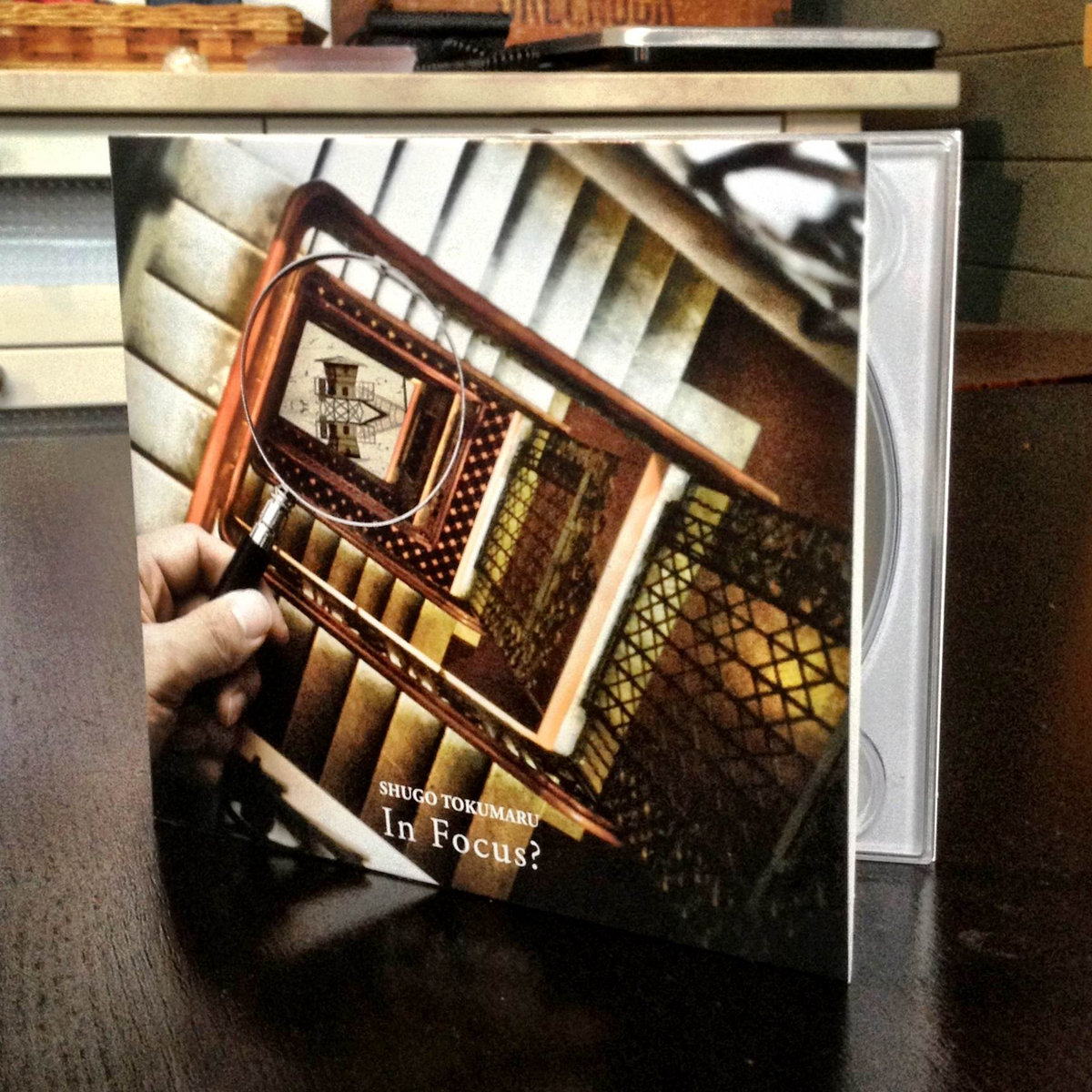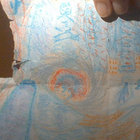


One simply has to trust Tokumaru to be in control of himself, and it’s hard not to be enthralled by that. Exit, probably his most detailed and drawn upon album, never once stopped moving. This has been evident since the beginning, and particularly on his breakthrough records Night Piece moved from dawn breaking on the sleepy “Such a Color” to “Paparazzi”, a track of frantic ukulele jams. My experience with Tokumaru, instead, is in beholding a master pop connoisseur making an album that holds together at the seams. Nobody comes into a Tokumaru record for particular insight, but then, nor should we come in just to hear the sound of a cheap recorder giving cadence to a freak-out. No-one’s taking away Tokumaru’s music as a joke, but its unbridled joy, and the way it is fashioned (from a dream-diary, with as many different aspects of each dream shared) is just as fantastical. Of course, it’s a hard thing taking Tokumaru sincerely, or rather with the right kind of sincerity. We forget he can write a song as exact and seriously-intended as “Tightrope”, even though we might welcome a 50-second jaunt like “Pah-paka” all the same. We learn of Tokumaru’s day through flutes and ukuleles, la la las and xylophones, until all the stories we hear about him are so possessive that when we listen to him it’s hard to separate the materialist composer from the songwriter. Finally, and most deciding of all, he doesn’t speak our language, and so we let the flourishes speak for him. He sticks his songs together with glue and toy instruments, he locks himself in his room for weeks so he can write in endless slews, and he arranges his songs with dozens of ideas and never makes a song that isn’t very much in the mix, recorded and arranged with all the bizarreness required of baroque pop’s truest maverick.

Descriptions of Shugo Tokumaru mark his love of excess.


 0 kommentar(er)
0 kommentar(er)
